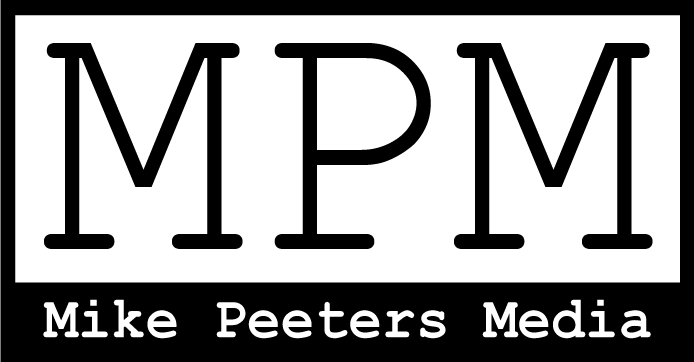How to Reduce ‘Workplace Incivility’ – Some Tips
Being polite and civil to both workmates and clients is essential to business success.
Despite this, it is surprising how many employees do not understand how their impolite behaviour can easily cause rifts and tensions at work.
This results in reduced job satisfaction, psychological stress, and even a decline in physical health: leading to higher employee turnover and workplace dysfunction.
It can also lead to a lack of employee engagement and productivity – unless managers intervene to help employees cope.
Fortunately, there are two proven interventions which can help victims of incivility replenish their emotional resources:
- Private Informal Meetings (PIMs), and
- Team-building Exercises.
Private Informal Meetings (PIMs) are important because their ease of application allows employees to unburden themselves of whatever is bothering them at the time; be it job-related or personal.
Where appropriate, PIMs can also assist managers to direct employees to organisational services such as counselling.
Team-building Exercises allow victims of incivility to share and discuss their feelings with their colleagues, rather than trying to work it out by themselves.
In such cases the perpetrators, i.e. those responsible for initiating the incivility, also get a chance to air their viewpoints.
Such team-building exercises are a valuable tool in turning any negative feedback between colleagues into a positive outcome.
Any office can run the risk of becoming ‘uncivil’ if managers ignore employee emotions.
It can also be quite risky for a manager to assume everything is fine between their employees, just because there is no evidence to the contrary.
It is therefore usually much better to ‘err on the side of caution’ and be more concerned with your employees’ emotional well-being, than may appear strictly necessary.
By Mike Peeters

